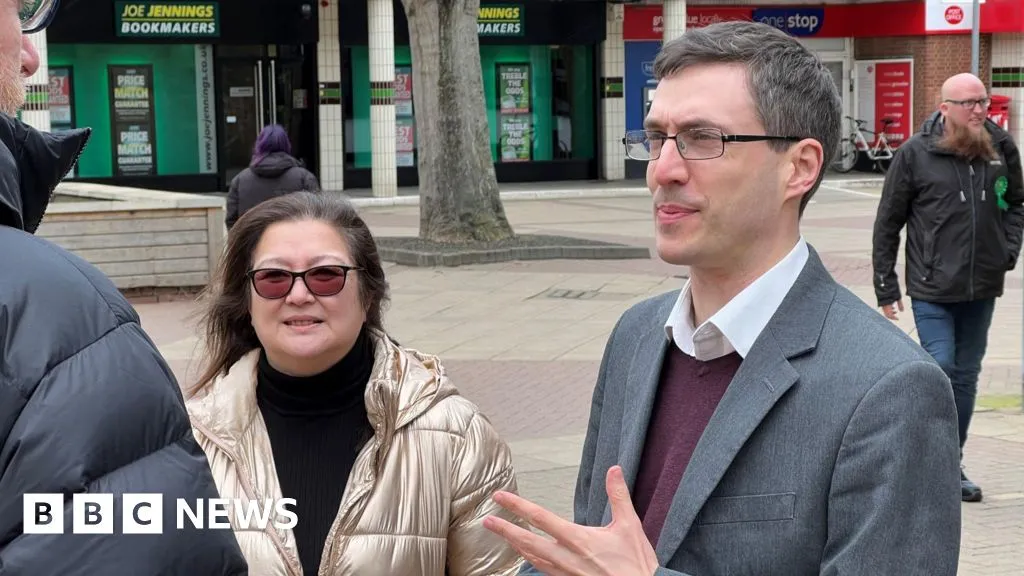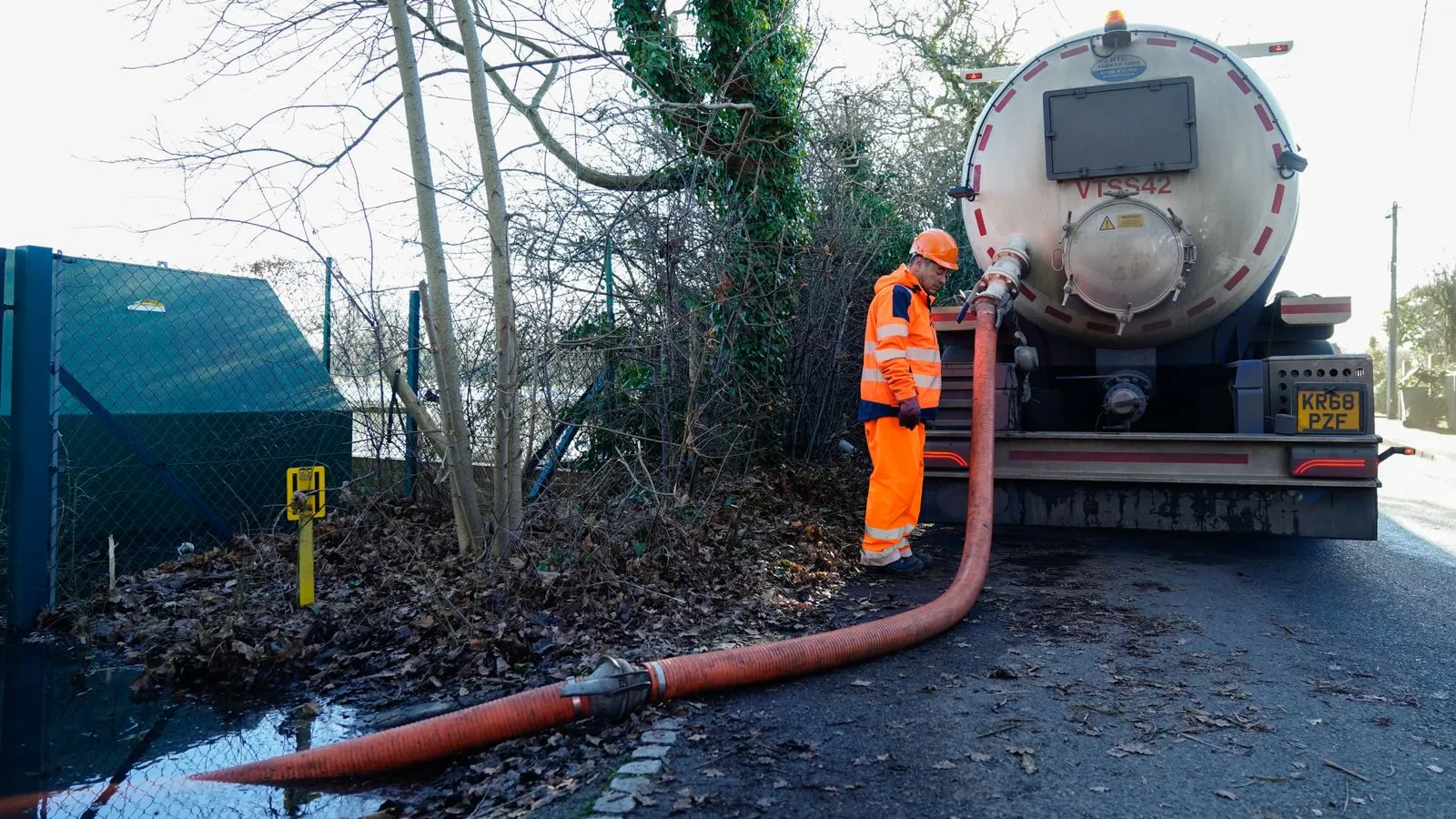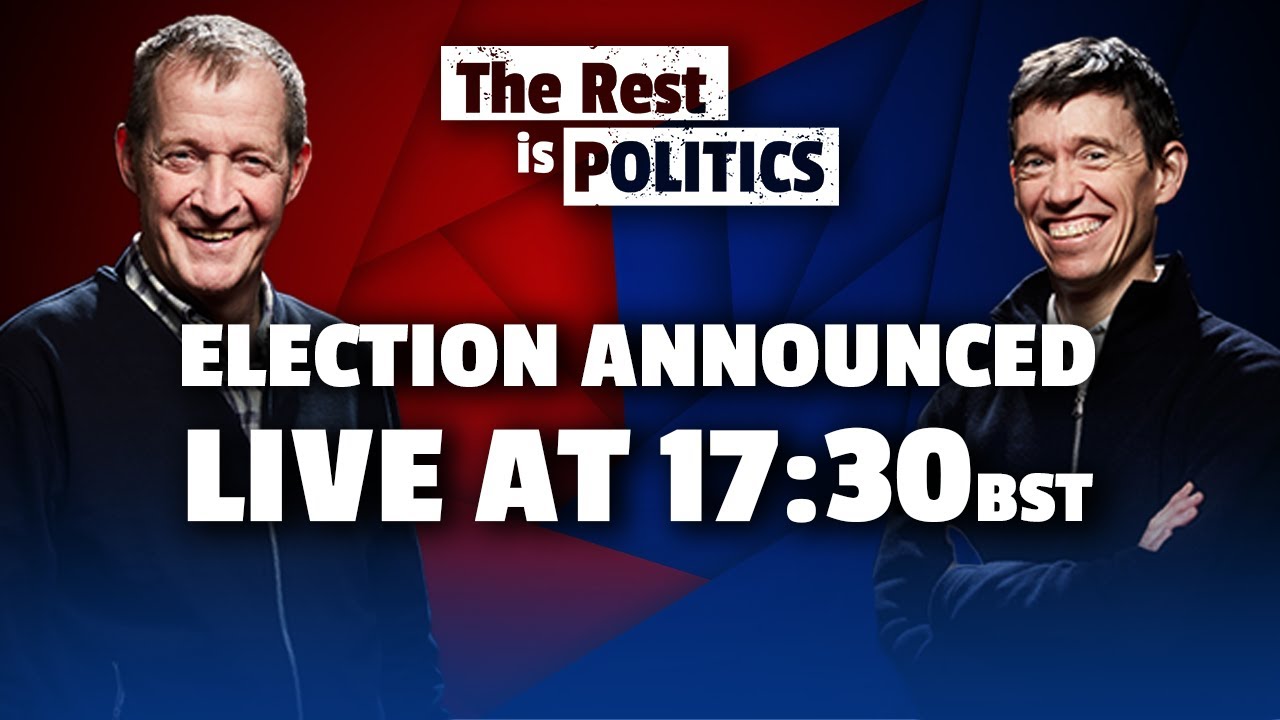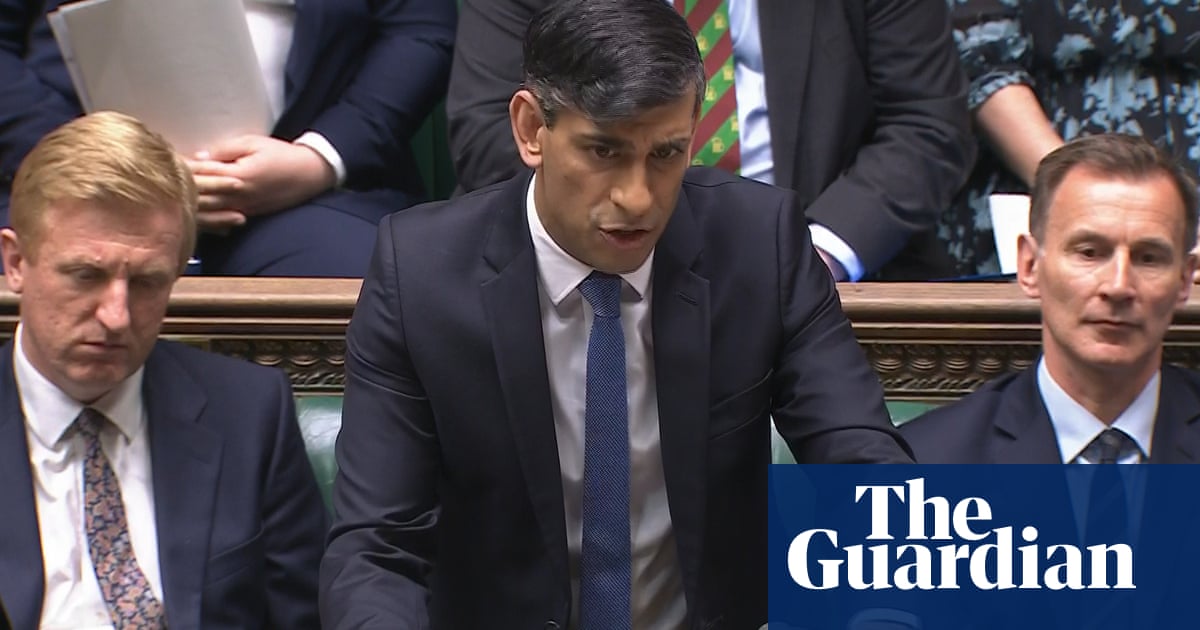- 46 Posts
- 21 Comments

 9·5 months ago
9·5 months agoThe article states that 70% of those occupying social housing have their rent payed for by housing benefit. The article also mentions that housing benefit comes from central government.
So the effect of this is a transfer of more money from central government to councils and housing associations. As well as an increase in the incomes of councils and HAs from those 30% that are well-off enough to no longer receive housing benefit but are still living in social housing.

 5·5 months ago
5·5 months agoI’d say this is less about reducing CO2 and more about making cities and towns nicer places to live and helping people live healthier lives.
I have no idea what the stats on this are, but I’d guess that the amount of emissions saved in people cycling more vs using a petrol car or electric car wouldn’t actually be much compared to measures that reduce emissions from goods transport.

 4·5 months ago
4·5 months agoTBH I thought the article was actually particularly good because it specifically pointed out that “immigration” isn’t one homogeneous thing.
We end up with these worst-of-all worlds outcomes because we talk about immigration as if it’s one thing when in reality it is many very different things, because we refuse to confront trade-offs — and because each side has its own conversational no-go areas.
I think that point of refusing to discuss tradeoffs is also particularly pertinent. Significant chunks of the electorate will happily vote for Reform but then moan about the lack of staffing in healthcare. Or conversely, others will happily quote the stats that on average migrants are a net benefit to the country, but then refuse to investigate this thought further and realise that this is an average and those benefits may not be spread evenly (perhaps some areas are even negatively affected).

 10·5 months ago
10·5 months agoWouldn’t this be pretty bang-on expected for less premium groceries where profit margins are much thinner?
For example, a food product retailing at £2 where £1.80 covers farming costs and operational costs, inflation of 10% will increase those costs to £1.98, to keep a 20p profit, the retailer would increase the price to £2.18 (9% increase). A more premium food product that retails for £3.50 where the farming costs are only slightly higher might have a £2 cost for the retailer with a much higher markup of £1.50. To keep that same profit after 10% cost inflation (to £2.20), the price would rise to £3.70 (5.7% increase).

 19·5 months ago
19·5 months agoMacquarie - famous for fucking over Thames Water by creating a deliberately complex company structure so they could load it up with debt in order to pay out dividends.

 8·6 months ago
8·6 months agoSaw the first clip in the video and couldn’t handle watching any more. I’m all for allowing people the autonomy to take their own sensible risks and avoid over safety-fying things, but some people are ridiculous (and selfish in this context). If you’re going to go over a level crossing when the barriers are closed, at least have the respect to run across, knowing that you’re doing something risky, rather than casually stroll through the danger zone!
No luck catching them rate cuts then, BoE?

 6·8 months ago
6·8 months agoVery much agree with all these points. I also don’t think it’s that useful to be spamming this community with polls as they come out. But thought this was a helpful bit of information to see where things roughly stand at the beginning of campaign time.

 21·8 months ago
21·8 months agoI think their origial plan was to try and ensure that Daniel Korski, the CCHQ preferred candidate, would get selected by putting him up against insane choices like Susan Hall. Unfortunately Korski had to exit because of sexual assault allegations (name a more iconic duo than Tory politicians and criminal sleaze) leaving only the insane candidates.
This sort of situation has become a bit of a classic Tory tale with the amount of times similar things have happened since 2019.
One of the points made quite astutely in the FT comments section mentioned that ofwat was also strongly responsible for this.
Apparently the regulatory model is set up in the following way - in order to encourage investment in infrastructure, the calculated amount that customers are charged is based on a ratio of how much money is invested into infrastructure. Supposedly Thames Water and other water companies in England wanted to invest more in infrastructure, however ofwat did not allow it as they wanted to protect customers from price increases. Furthermore because of the silly shell game of holding companies that were set up to move the debt around, ofwat didn’t understand just how much debt was being racked up and didn’t make any moves to stop it.
However what this all shows is that the regulatory model is absolutely broken. So not only is ofwat toothless in allowing a ridiculous corporate structure to be set up to obfuscate the silly financial leveraging going on, they are also operating on an entirely faulty premise.
What it all shows is that trying to set up a functional privatised system for water companies that incentivises investment and works for citizens is extremely difficult, is prone to regulatory capture, is still under pressure from meddling ministers and ultimately costs more for customers and the government than servicing the government debt that would be used to pay for investment under a nationalised system.
Just bloody nationalised it.
Not to say I fully agree with the author’s viewpoint, but this article is a good, non-sensational, explanation of the current Thames Water situation. Worth a read if you’re interested in what’s actually going on.

 11·9 months ago
11·9 months agoI never thought of it before but your comment just made me realise this would be a great backdoor way to get the PR ball rolling. Make the lord’s elected with a full PR system. Maybe with half the seats going up for election every 7 years or something.

 3·10 months ago
3·10 months agoThey pay a lower rate.

 5·10 months ago
5·10 months agoIf they were dead set on doing a tax cut (unfortunately for the good of the country) at least they made it an NI cut rather than an income tax cut.
I can see a way forward for labour if they want to raise more money without straight up reversing these cuts by abolishing NI (or gradually reducing it to phase it out) and correspondingly increasing income and/or capital gains tax.
They can chalk it up as making the tax system fairer by removing the tax on which employees pay more than self employed or those with passive wealth-based income. Simultaneously they can say they are building on the one positive outcome of the previous budget.

 2·10 months ago
2·10 months agoThanks for writing this.
When a nationalised company is seen as inefficient or poor service. We all instantly know who to blame. The ministers in charge of that company. Whereas we see an extra layer of blame for privrate non competing companies.
Specifically this aspect is not something I’d really considered before but it’s an astute point.

 3·10 months ago
3·10 months agoThe numbers quoted indicate much more of a sea change has occurred than I would have expected.
in the 1960s around an eighth of British voters switched their choice between elections. By the 1980s it was a fifth. At the last election Professor Edward Fieldhouse, a political scientist at the University of Manchester, and his colleagues concluded that most of the electorate were swing voters. Politicians see it on the doorstep. “In 1997 around 40% of voters were up for grabs but today it is probably around 70%,” says Jonathan Reynolds, Labour’s shadow business secretary and an MP in the north-west.
Maybe there’s hope for PR within the next 20 years.

 6·10 months ago
6·10 months agoMr Robot, you missed an important sentence:
Abolishing the non-dom tax regime would raise an estimated £3.6bn a year.

 6·11 months ago
6·11 months agoBritons, for instance, think they live in a country where only 37 per cent of people would give 1 per cent of their income to the climate fight, but the study indicates the real figure is 48 per cent.
"48% Vs 52%” Oh god it’s the cursed numbers again!




Inverse of the classic: